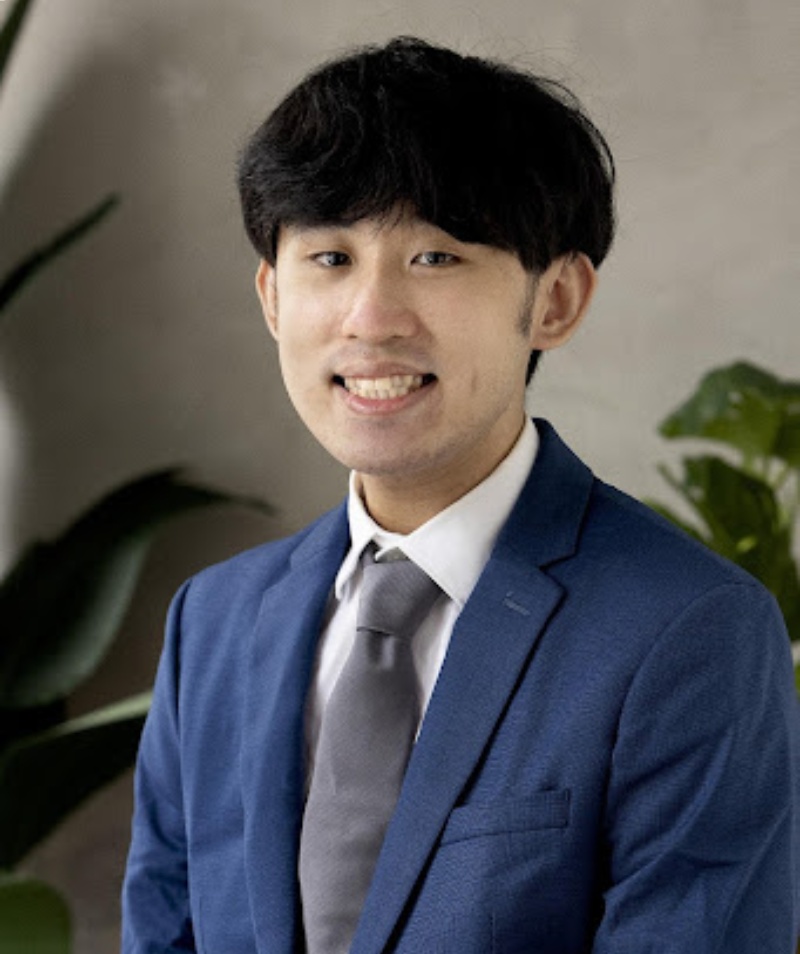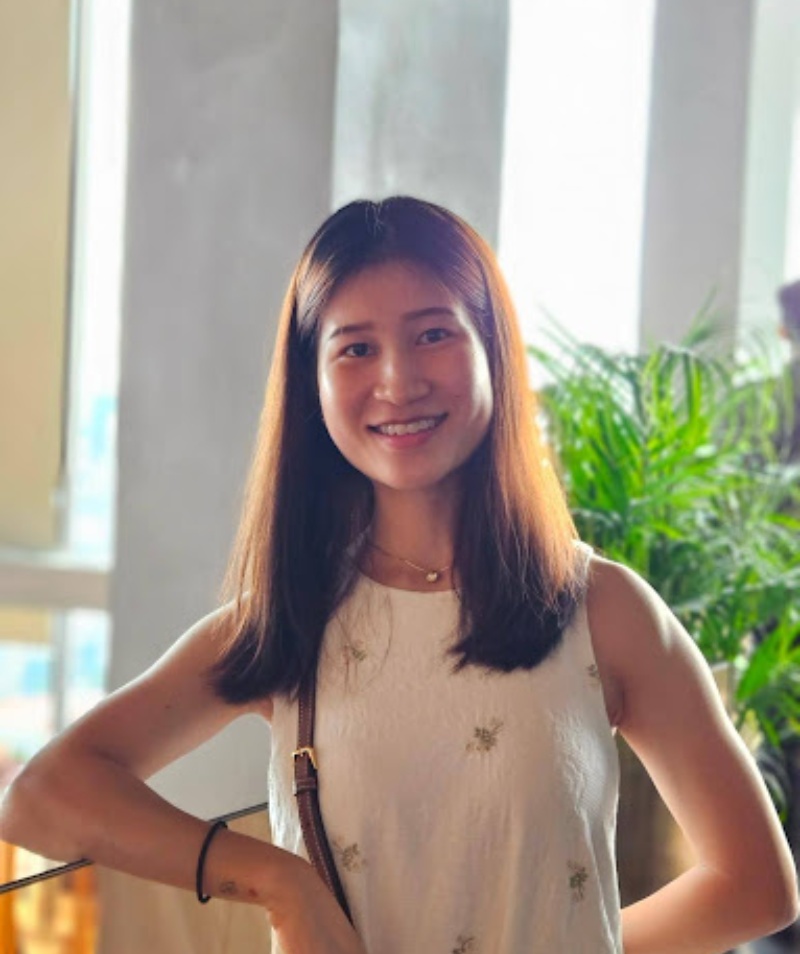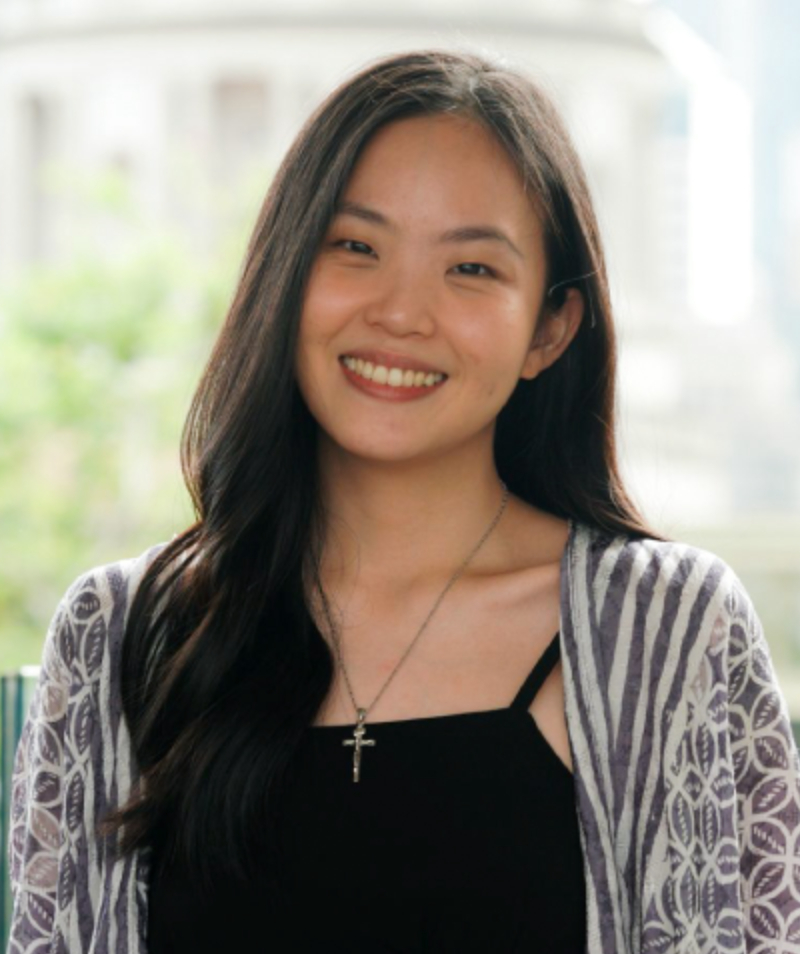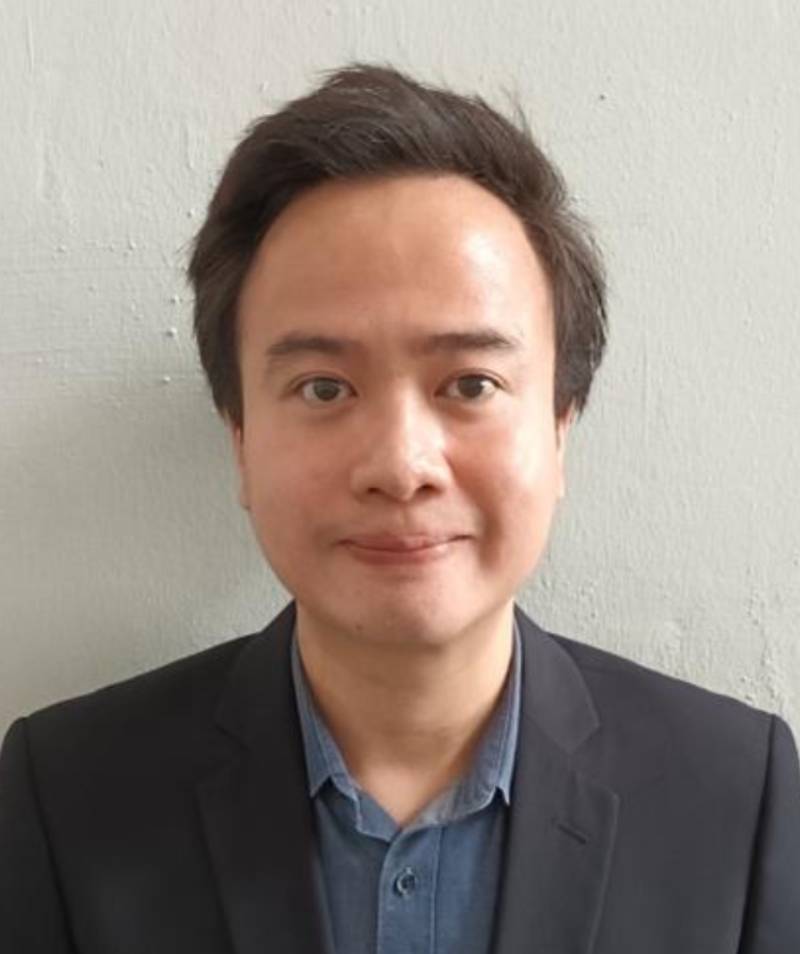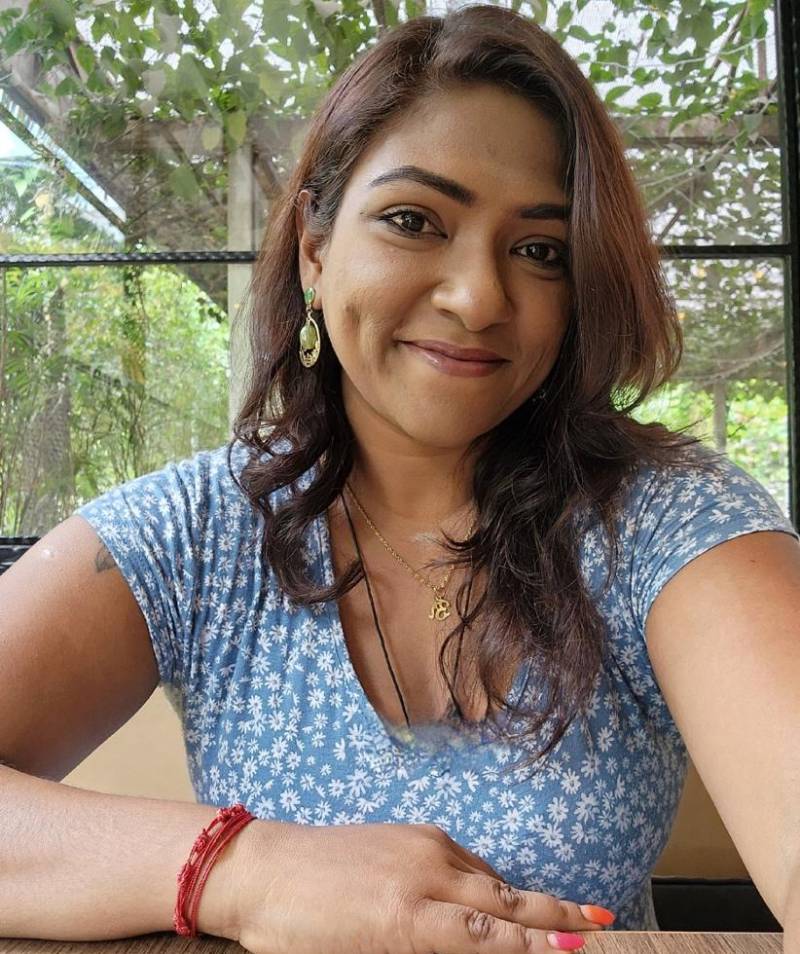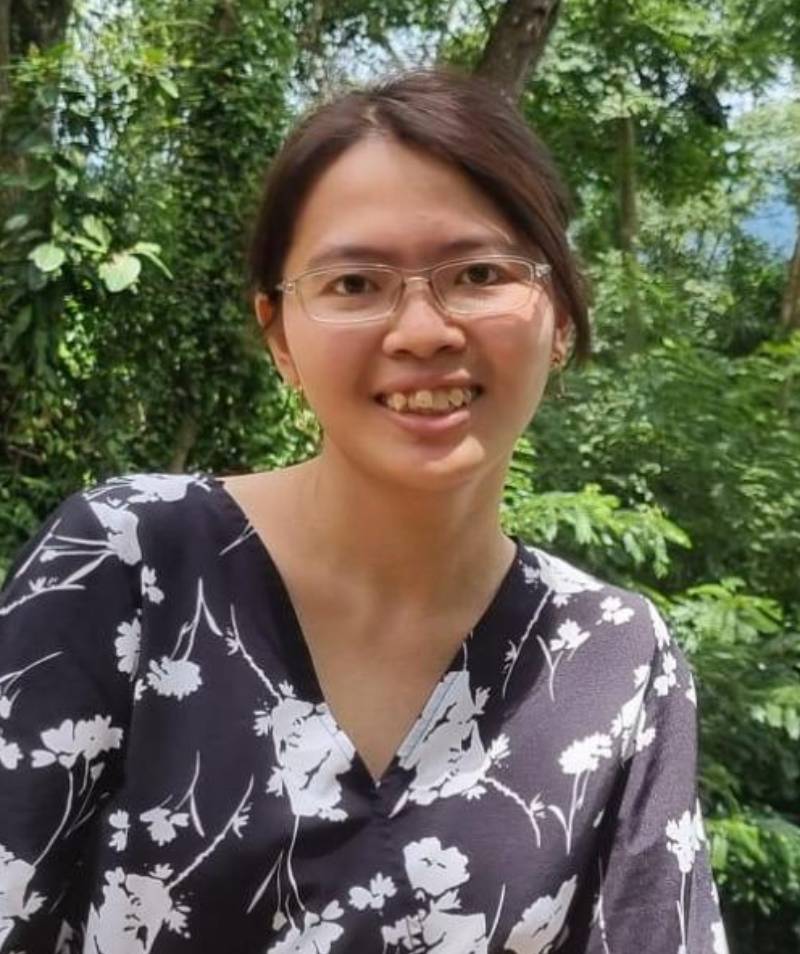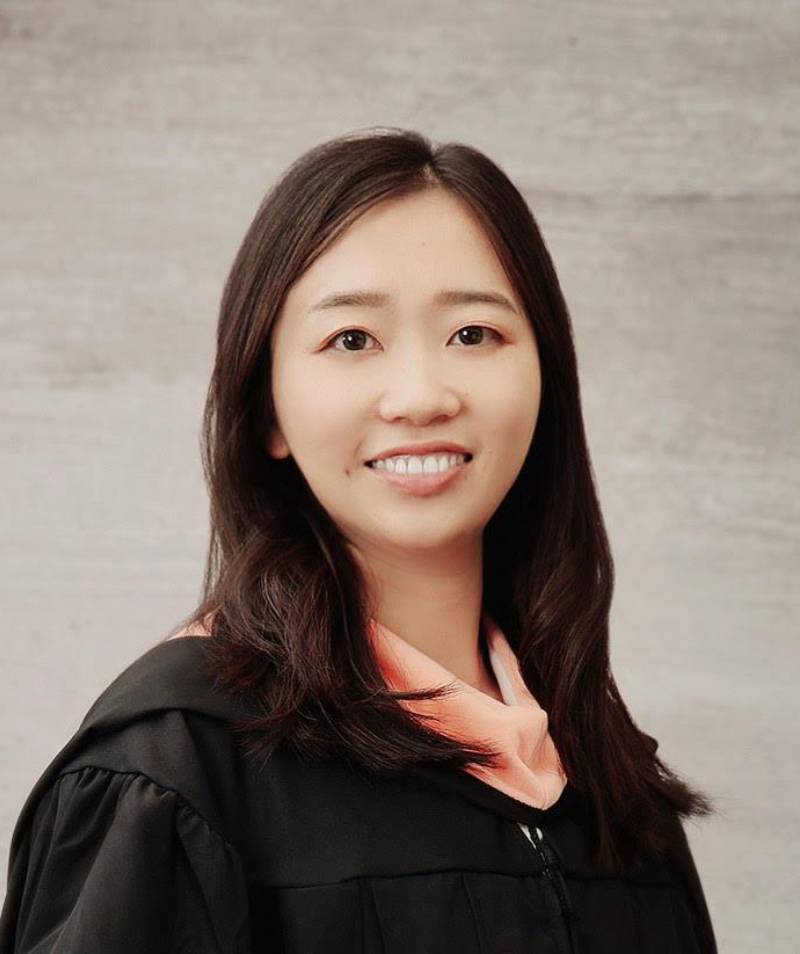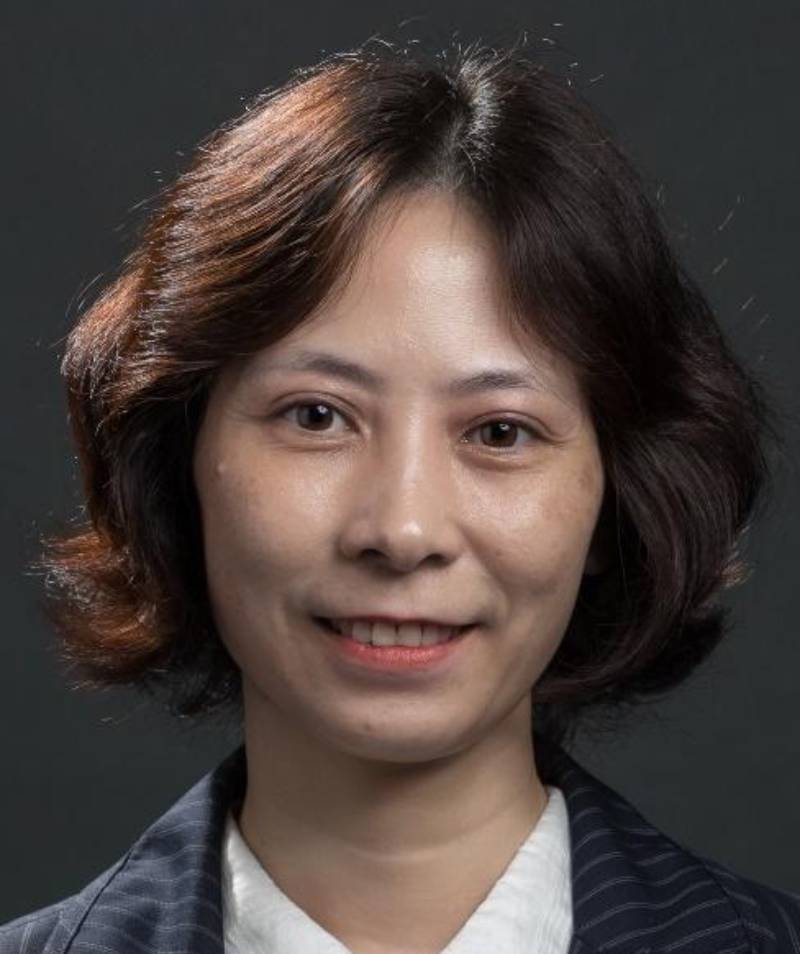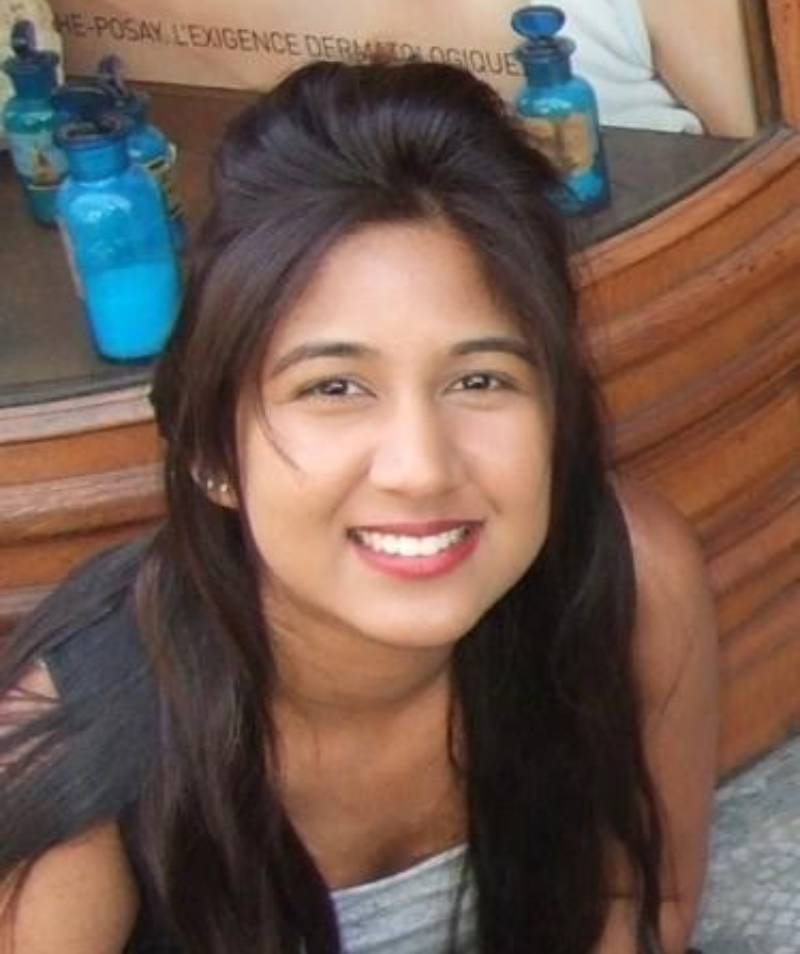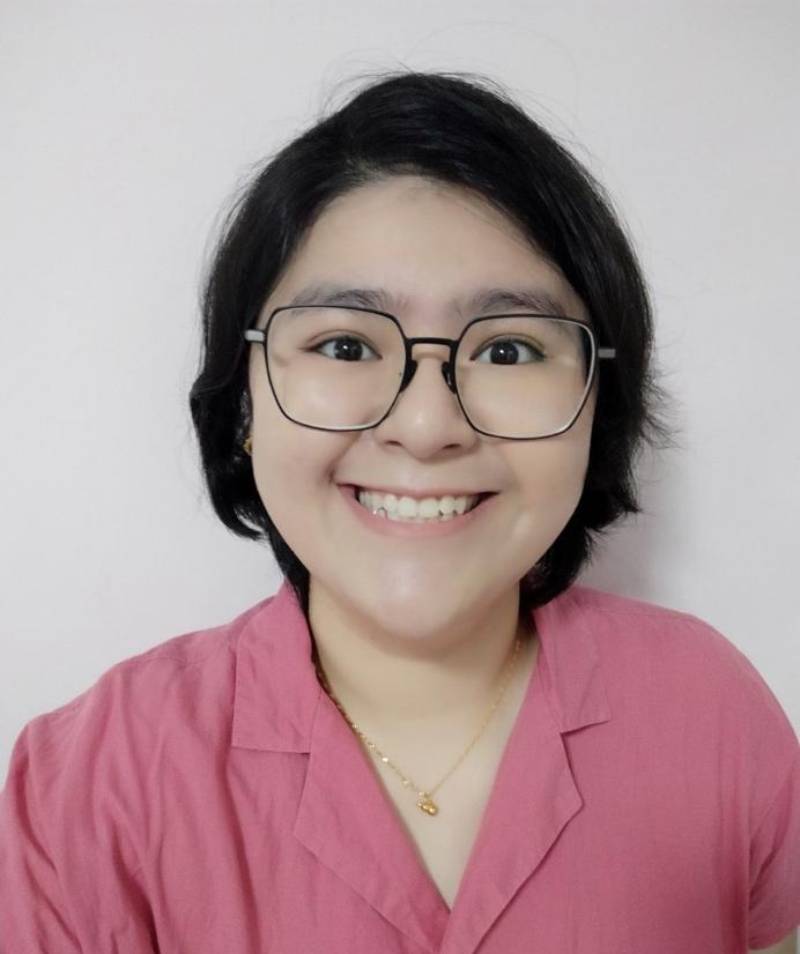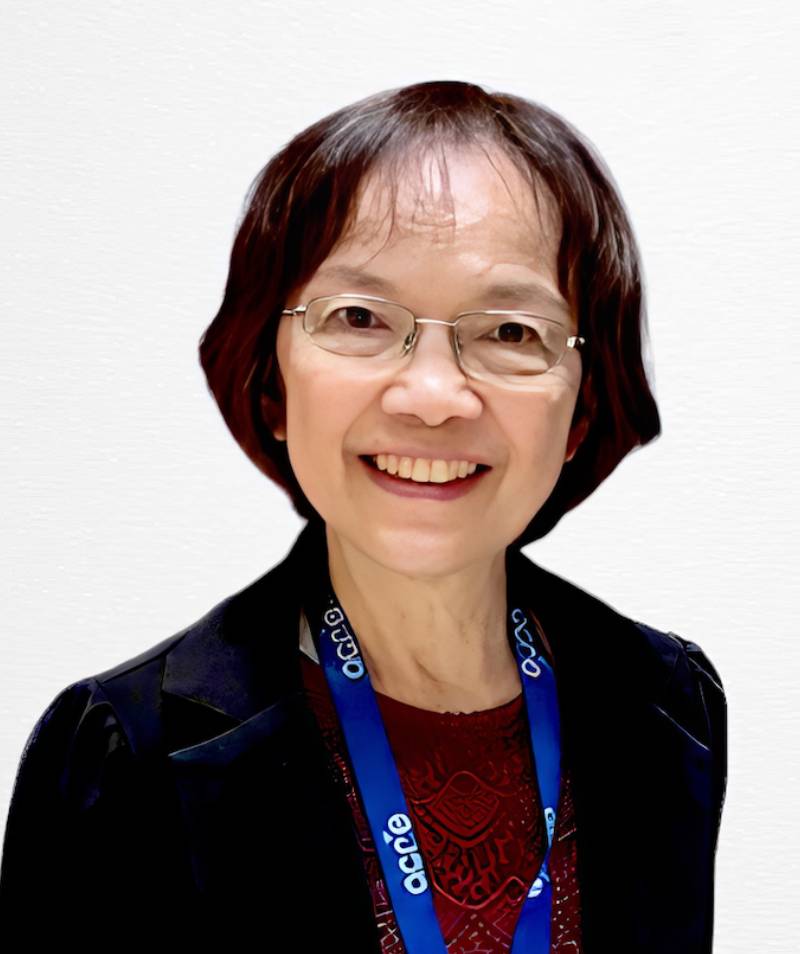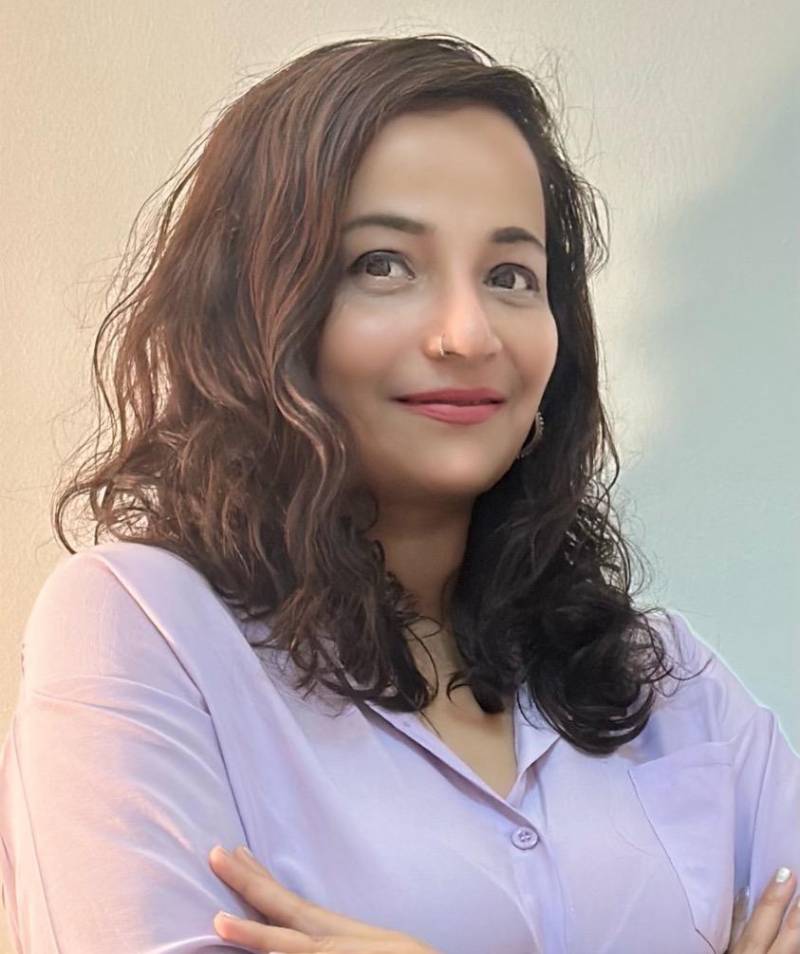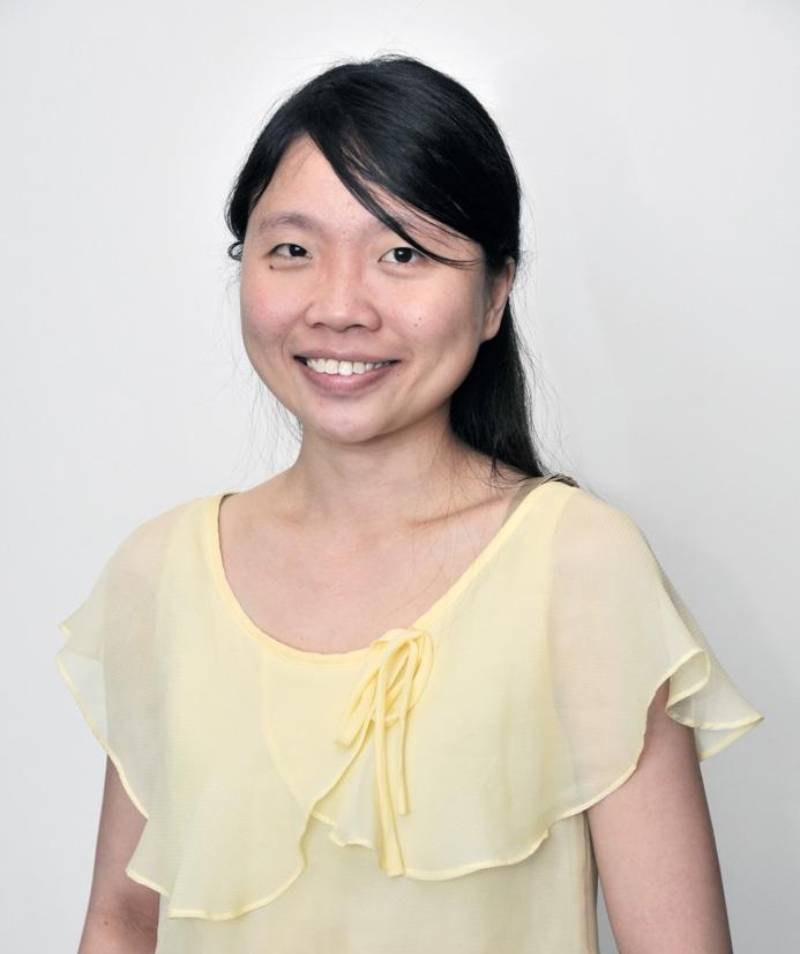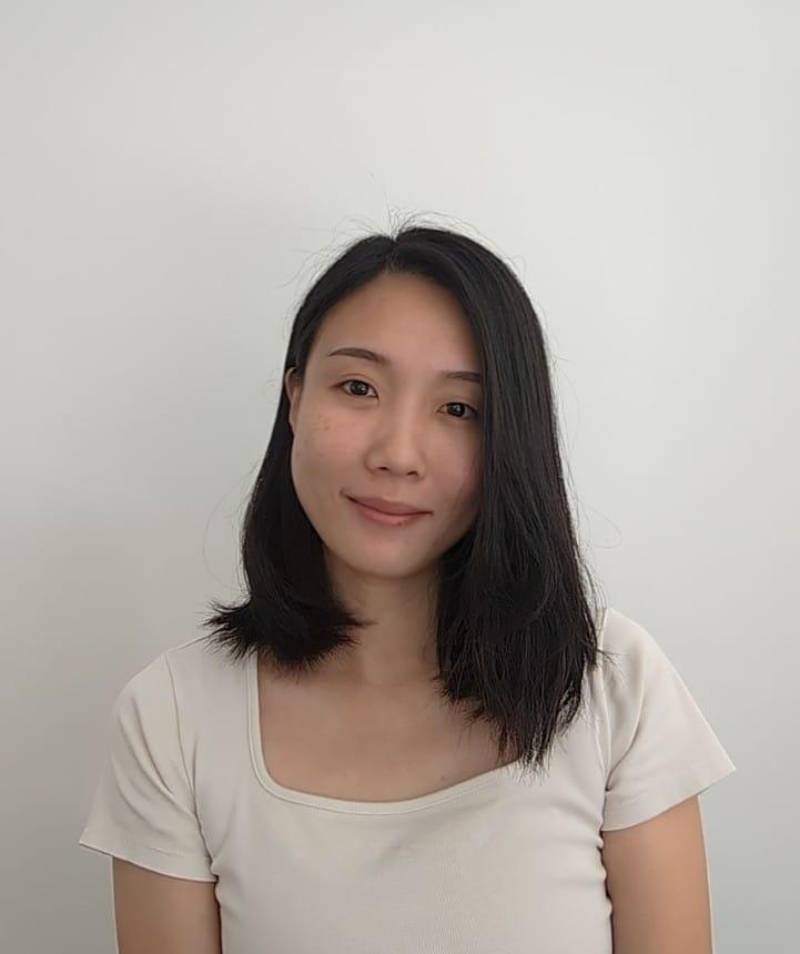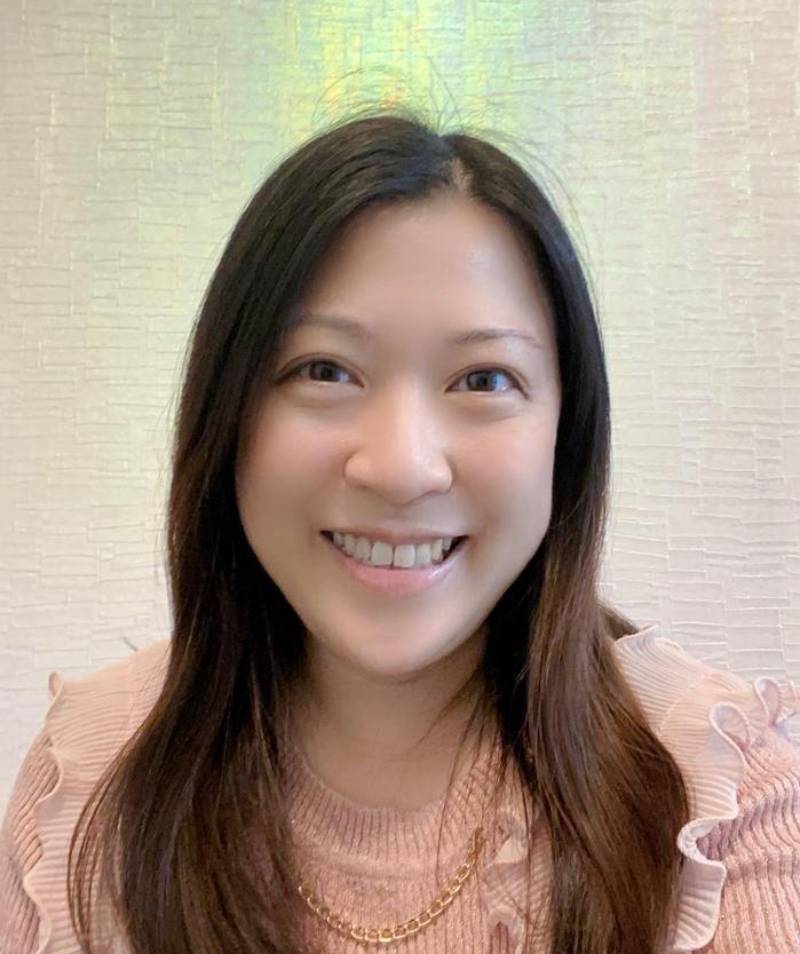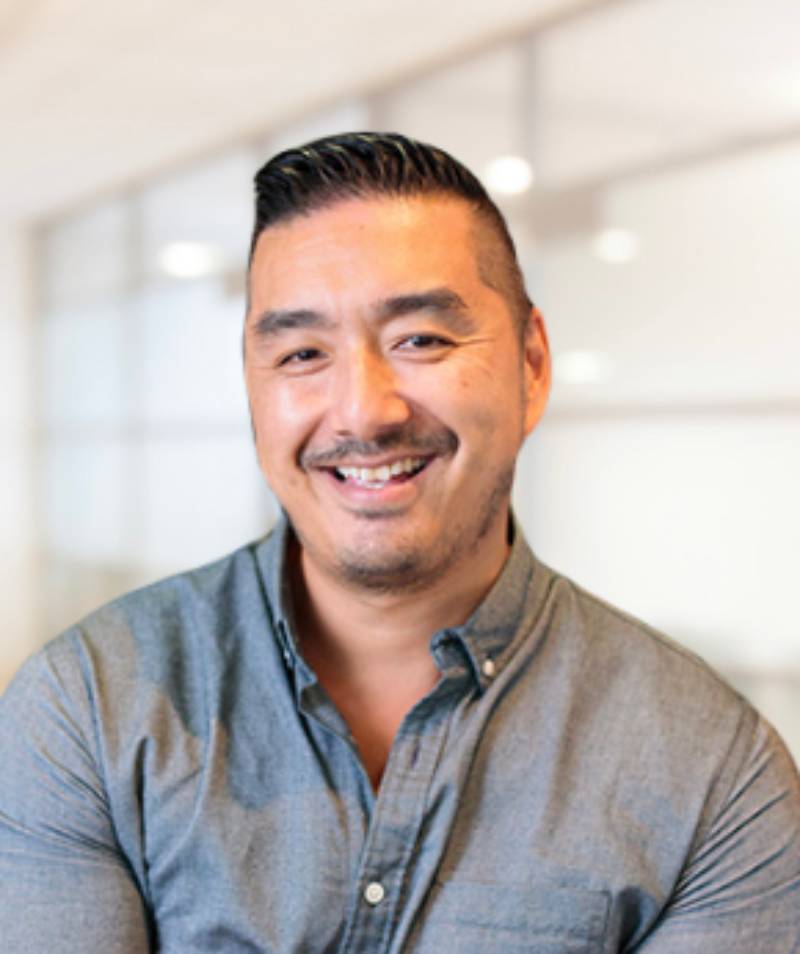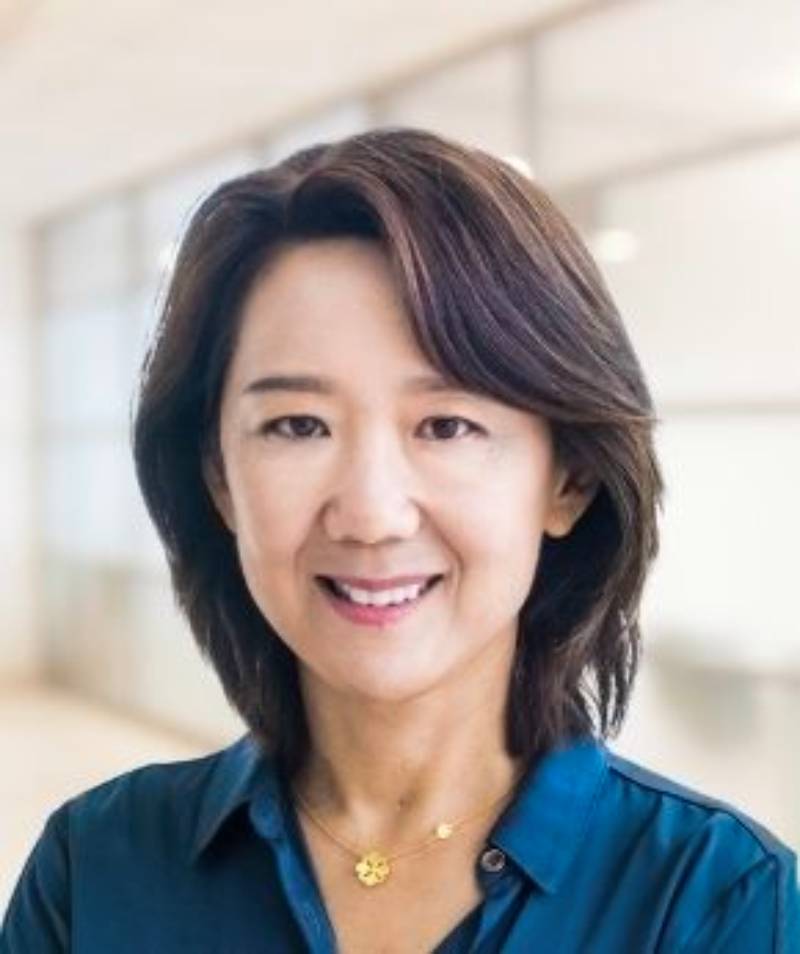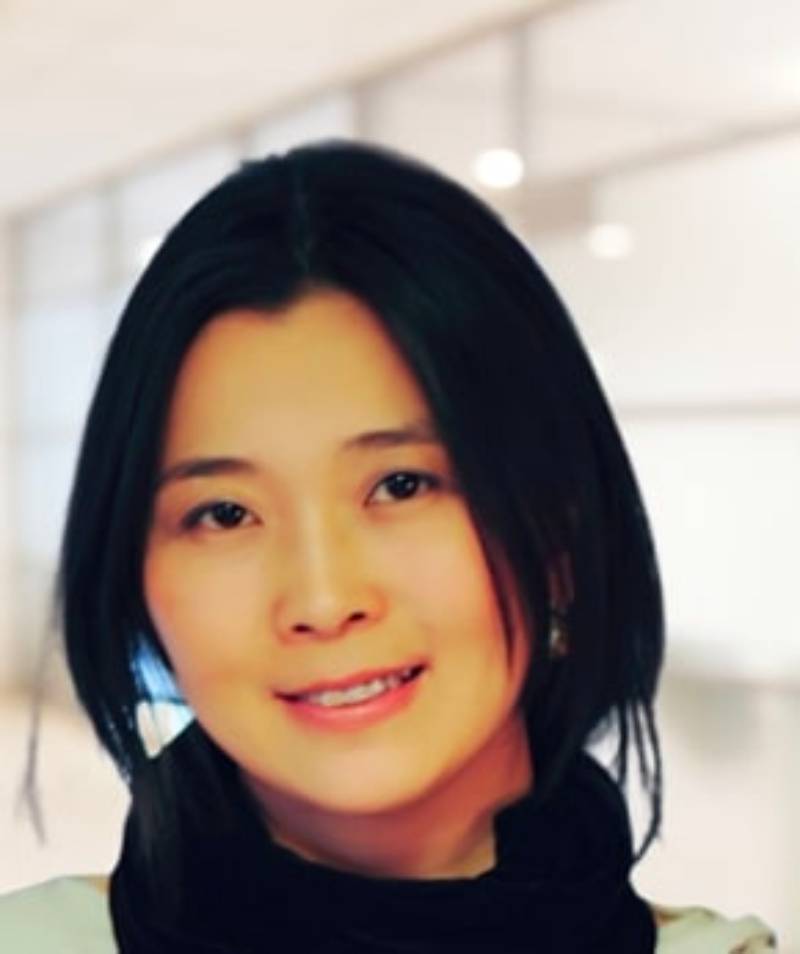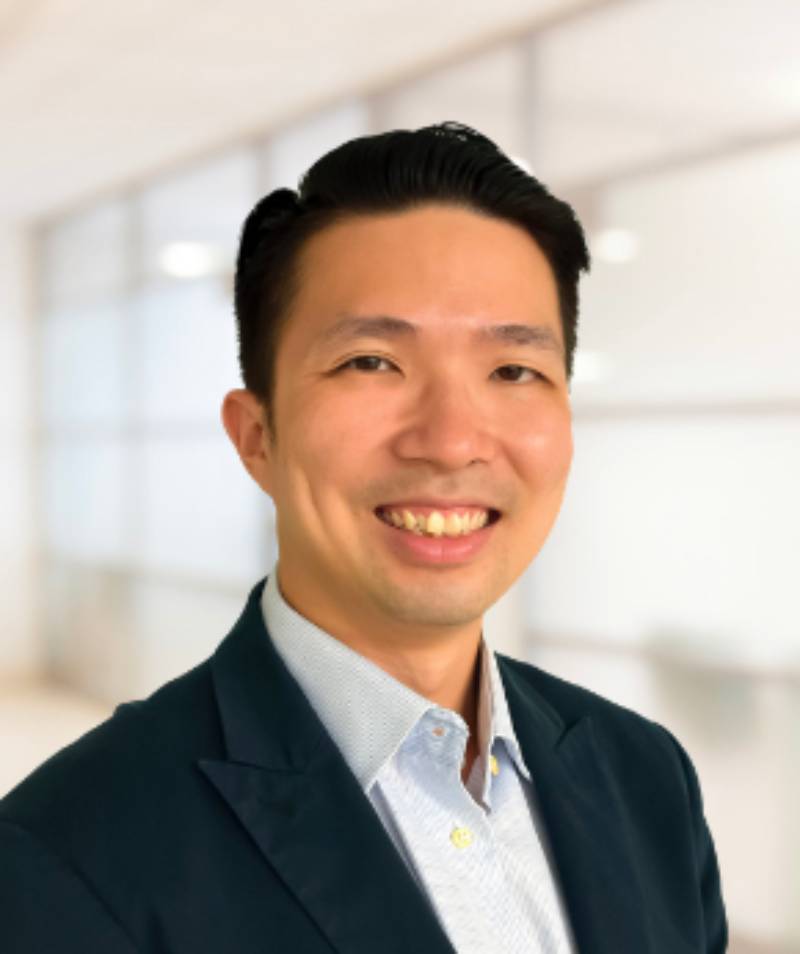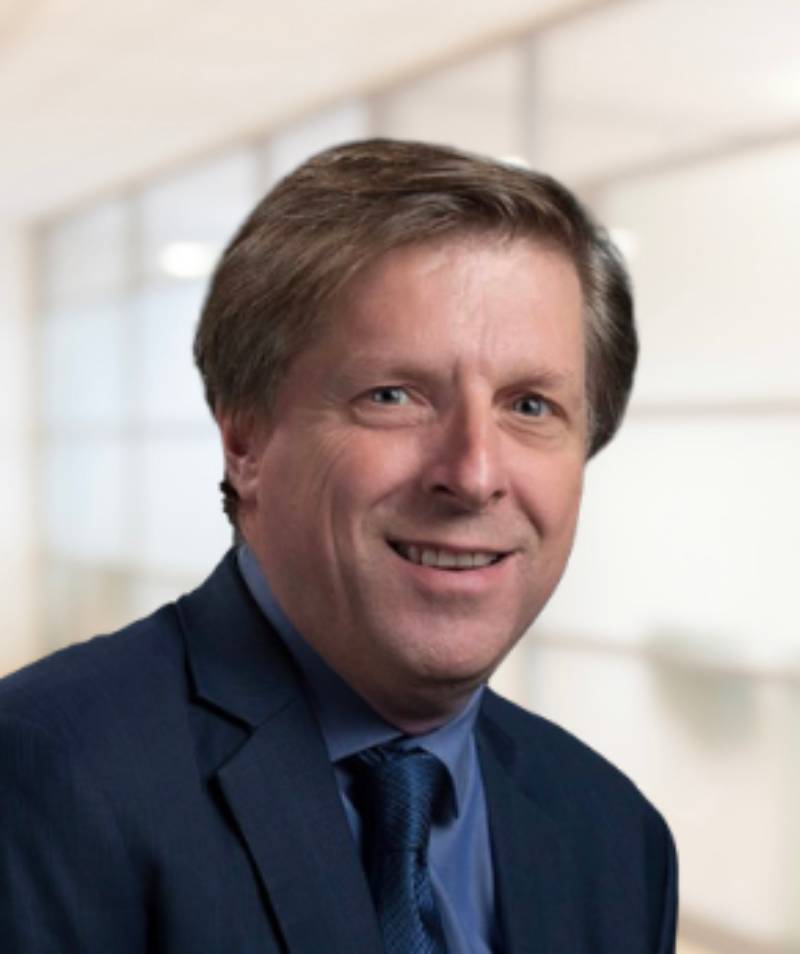

Advances in Reproductive
Medicine in Asia-Pacific
10 November 2025
Monday
2:30pm – 6pm SGT
The St. Regis Singapore
About
This symposium is a testament to the commitment of NUS Bia Echo Asia Centre for Reproductive Longevity and Equality (ACRLE) and CHA University Global IVF Group to advancing the science of Reproductive Medicine and to spearhead efforts in the research of human fertility to improve reproductive outcomes. The theme of this inaugural symposium is, ” Advances in Reproductive Medicine in Asia-Pacific” where experts in the field of Reproductive Medicine convene, present, and discuss the latest innovations and developments in assisted reproductive treatments and IVF technologies. This symposium is highly relevant to practitioners in Reproductive Medicine, clinical embryologists, Reproductive scientists and academics dedicated to this field.
Date:
Time:
Location:
10 November 2025
2:30 pm – 6 pm SGT
Lunch will be provided from 1:00pm to 2:00pm
The St. Regis Singapore
Caroline’s Mansion (Annex building)
29 Tanglin Road
Singapore 247911
Date:
10 November 2025
Time:
1 PM – 8:30 PM SGT
Note: Lunch will be provided starting at 1:00pm
Location:
St. Regis Singapore
Caroline’s Mansion (Annex building)
29 Tanglin Road
Singapore 247911
Our Speakers
Guest-of-Honour
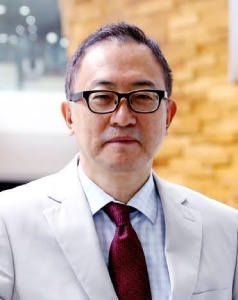
Dr Kwang Yul Cha
Chairman, CHA University Global IVF Group
Dr. Kwang Yul Cha is a globally recognized thought leader in reproductive medicine and the Chairman of CHA University Global IVF Group.
As a clinician and research scientist, Dr. Cha achieved the world’s first in-vitro maturation (IVM) of human oocytes (1989), developed a method for oocyte cryopreservation using vitrification (1998) and established the world’s first oocyte bank (1999), amongst other important milestones. His pioneering achievements have been featured numerously in various publications including TIME magazine and cited in major O&G textbooks including Novak’s. Dr. Cha has over 200 peer-reviewed publications to date and leading academic societies including ASRM, KSRM and KSSCR have each established prestigious awards bearing his name in recognition of lasting contributions to the field. Dr. Cha co-founded the Pacific Society for Reproductive Medicine (PSRM), formerly served as a visiting professor at Columbia University and received his medical education from Yonsei University.
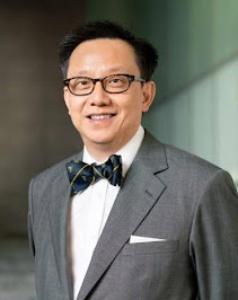
Professor Chong Yap Seng
Lien Ying Chow Professor in Medicine
Dean, National University of Singapore Yong Loo Lin School of Medicine
Deputy Chief Executive (Education & Research), National University Health System
Professor Chong Yap Seng is the Dean of NUS Medicine, one of the leading medical schools in Asia. Since he assumed the role of Dean in 2019, NUS Medicine has risen to rank 17th on the 2025 Times Higher Education World University rankings and 18th on the 2025 QS World University Rankings for Medicine.
In his appointed role as Deputy Chief Executive (Education and Research) of the National University Health System (NUHS), Professor Chong advances NUHS’ academic mission through his oversight of the academic and research development at all NUHS institutions.
Formerly the Executive Director (2015-2021), Professor Chong now oversees clinical programmes that seek to promote health and human capacity in Singapore and the world as the Chief Clinical Officer at the Institute for Human Development and Potential, Agency for Science, Technology and Research (A*STAR). These programmes include the Growing Up in Singapore Towards healthy Outcomes (GUSTO) and the Singapore Preconception Study of long-Term maternal and child Outcomes (S-PRESTO) longitudinal studies that examine how conditions in pregnancy and early childhood influence the health and development of women and children.
Speakers
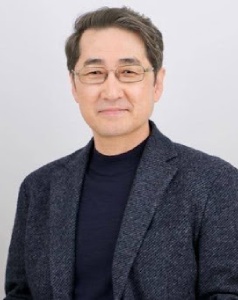
Professor Ho Sup Yoon
Executive Vice President (Research)
CHA University, Korea
Prof Yoon is the Executive Vice President (Research) and Professor in the College of Pharmacy, CHA University, Korea. As Executive Vice President (Research), he spearheads the university’s research strategy, promotes multidisciplinary initiatives, and drives research translation to address unmet medical needs. He has also served as President of the CHA Advanced Research Institute and is currently an Advisor to the CHA R&D Institute at CHA University Bundang Medical Center.
Prof Yoon earned his BSc from Seoul National University, MSc from KAIST, and PhD from the University of Chicago. Previously, he was a founding faculty member of the School of Biological Sciences at Nanyang Technological University Singapore, where he also served as Research Director (Biomedical Sciences) in the President’s Office, shaping the university’s biomedical research vision and strategy. His research focuses on developing novel therapeutics in neurodegenerative disorders and cancer. Prof. Yoon is a recipient of the Abbott Drug Discovery Impact Award and the Overseas Korean Scientist of the Year Award.
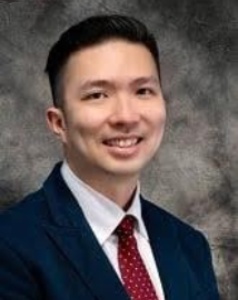
Dr. Huang Zhongwei
Deputy Director, Adjunct Assistant Professor, NUS Bia-Echo ACRLE
Adjunct Assistant Professor Zhongwei Huang is Deputy Director of NUS Bia-Echo Asia Centre for Reproductive Longevity & Equality, Yong Loo Lin School of Medicine, National University of Singapore. He concurrently serves as a Consultant at the Division of Reproductive Endocrinology and Infertility, Department of Obstetrics and Gynaecology, National University Hospital, Singapore. Adjunct Assistant Prof Huang’s subspecialties include reproductive endocrinology & infertility and sexual medicine, and he is accredited by the Ministry of Health (Singapore) as an assisted reproductive techniques (ART) specialist. Dr Huang completed his PhD on ovarian biology in 2011 at the University of Oxford, United Kingdom, and continues to contribute to the field as a clinician-scientist. His current research focuses on discovering innovative solutions through basic and translational research to change women’s life narrative of reproductive inevitability to reproductive longevity. Dr Huang’s research has been published in renowned journals such as Cell Research, Nature Aging, Nature Communications, AJOG, BJOG, Human Reproduction, Fertility & Sterility, Molecular Human Reproduction and Reproductive Sciences.
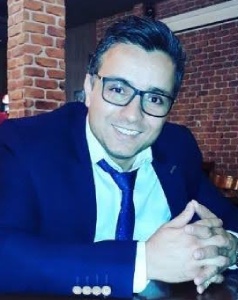
Professor Majid Warkiani
Professor, School of Biomedical Engineering, University of Technology Sydney
Dr Warkiani is a Professor and CINSW Fellow in the School of Biomedical Engineering, University of Technology Sydney (UTS), Australia. He received his PhD in Bioengineering from Nanyang Technological University (NTU, Singapore), and undertook postdoctoral training at Massachusetts Institute of Technology (MIT, USA). Dr. Warkiani is the co-director of the Institute for Biomedical Materials & Devices (IBMD) at UTS and the co-founder of two startups, NeoGenix Biosciences (https://www.neogenixbiosciences.com/) and SMART MCs (https://smartmcs.com.au/). Dr Warkiani’s research focuses on developing innovative cell biology solutions through microfluidics and organoid-on-a-chip systems. His team has pioneered advanced cell sorting technologies for stem cells, exosomes, circulating tumor cells, and fetal cells, enhancing diagnostic precision and advancing regenerative therapies. In organoid-on-a-chip technology, he designs sophisticated 3D platforms that replicate tissue functions, such as human skin, offering valuable insights into disease modeming and drug discovery with stem cell-derived exosomes.
Group webpage: www.warkianilab.com
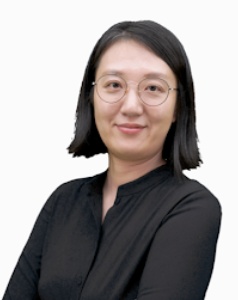
Associate Professor Ok Hee Jeon
Department of Convergence Medicine, Korea University College of Medicine, Seoul, South Korea
Dr. Ok Hee Jeon earned her Ph.D. in Biomedical Engineering from Johns Hopkins University in 2017, where her pioneering research on cellular senescence elucidated its role in musculoskeletal degeneration following injury and aging (Jeon et al., Nature Medicine, 2017). As a postdoctoral fellow at the Buck Institute for Research on Aging, she uncovered senescence propagation and circulating pro-aging factors as key mechanisms driving systemic aging (Jeon et al., Nature Metabolism, 2022). Currently, an Associate Professor at Korea University College of Medicine, her research spans from aging biology to engineering-based solutions, as she investigates novel aging mechanisms and develops regenerative and pharmacologic therapies by integrating MPS, biomaterials, and others to target senescent cells. Her recent research extends to reproductive medicine, where she identifies cellular senescence-associated biomarkers linked to women’s fertility and ovarian reserve (Environmental Research, 2024; Menopause, 2023; Rejuvenation Research, 2022), contributing to improved diagnostic and therapeutic strategies in reproductive aging.
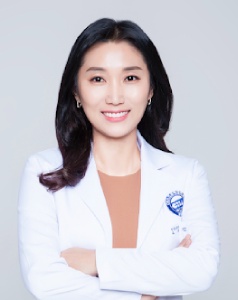
Associate Professor Ji Hyang Kim
Department of Obstetrics and Gynecology
Center Director, Fertility Center of CHA Bundang Medical Center, CHA University School of Medicine
Chairman, Cha Biotech Reproductive Medicine Research Laboratory
Professor Ji Hyang Kim is an associate professor and center director at the Fertility Center of CHA Bundang Medical Center and CHA University School of Medicine. She also serves as chairman of the CHA Biotech Reproductive Medicine Research Laboratory. She has researched and published numerous articles on assisted reproductive technology, reproductive function regeneration, and genomic studies of reproductive diseases. Her primary research interests include ovarian rejuvenation and endometrial regeneration in intractable infertility. Recently, she implemented a clinical application of platelet-rich plasma for refractory thin endometrium, poor ovarian reserve (POR), and premature ovarian insufficiency (POI), obtaining Korean government approval for its clinical use. Additionally, she is conducting government-funded research on cell therapeutic agents for POI/POR and developing artificial intelligence-based digital solutions for ART, such as gamete and embryo selection and a clinical decision support system. She actively participates in various academic societies for reproductive endocrinology and infertility as a council member.
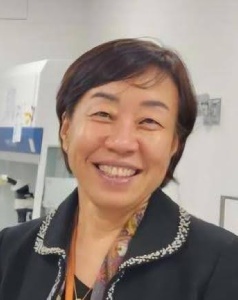
Professor Jean Kyung-Ah Lee
Department of Biomedical Science, College of Life Sciences, CHA University
Executive Director, CHA University Global IVF Group
Upon finishing her doctoral training at the University of Illinois at Urbana-Champaign, she joined the CHA University Fertility Center in Seoul, Korea, in 1992. She served as the Dean of the College of Life Science, CHA University, as the Vice President of the KSRM, and has been serving as an associate editor of the Clinical and Experimental Reproductive Medicine (CERM), the official journal of the PSRM for a decade. She has served as the Executive Director of CHA University Global IVF Group for the past 8 years.
She has dedicated her research to reproductive medicine for the last 30 years with a special focus on ovarian physiology and has published over 150 peer-reviewed journals, book chapters and conference proceedings. Her current research projects are focused on studying the molecular regulation of oocyte’s cytoplasmic maturation as well as the reinforcement of ovarian function by using stem cells in advanced age.

Dr. Melissa Durgahshree Tharmalingam
Principal Embryologist, KKIVF Centre,
KK Women’s and Children’s Hospital, Singapore
Dr. Melissa Tharmalingam is a clinical embryologist with a focused interest in andrology and translational reproductive research. Her work bridges laboratory precision with clinical relevance, with emphasis on bridging male factor assessment and its integration into ART workflows. At her current IVF centre, she plays a key role in refining lab protocols, improving gamete handling together with data-driven strategies to enhance success rates. She is actively involved in research initiatives together with colleagues in the field, inter and intra institutionally to address gaps in the field of IVF in both embryology and andrology. In this presentation, Melissa will provide insights into recent clinical updates and ongoing research at her centre, including protocol enhancements and outcome trends that may inform best practices in the IVF lab.
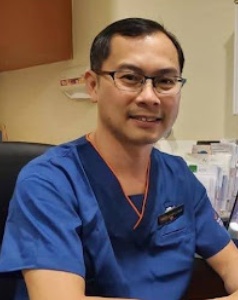
Professor Jerry Chan Kok Yen
SingHealth Duke-NUS Medical School,
KKIVF Centre, KK Women’s and Children’s Hospital, Singapore
Prof. Jerry Chan is a Senior Clinician-Scientist Obstetrician and Gynaecologist (OBGYN) with research interests in fetal immunology and molecular therapy, reproductive medicine and life-course epidemiology. His research straddles several fields of cutting-edge science underpinning advances in reproductive biology, from early fetal development and immunology, to fetal therapy and perinatal advancements through optimising fertility and perinatal outcome; and seeks to translate discoveries from the laboratory and clinical arena into clinical applications to improve patient outcomes. He has published over 300 papers including in prestigious journals such as the The Lancet, Nature, Nature Medicine, Science and Cell; and is a Highly Cited Researcher (ClarivateTM).
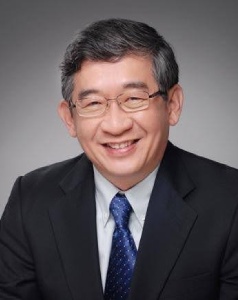
Dr. Liow Swee Lian
Scientific Director,Virtus Fertility Centre Singapore
Dr. Liow is a certified Clinical Embryologist. He has vast research experience and is one of the pioneers in micromanipulation techniques like ICSI, IMSI, Polarized Light Microscopy (Oosight) and, laser micromanipulation techniques. He has his professional training in Human ES Cell Culture Methods (Wicell Research Institute, USA), PGD (University College London, United Kingdom), laser micromanipulation (University of Heidelberg, Germany).
Dr. Liow is also the author and co-author of many research papers published in peer – review international journals and books.
His research interests include embryo culture system, Preimplantation Genetic Testing (PGT), ovarian tissue cryopreservation, vitrification of oocytes and embryos, male infertility, sperm DNA fragmentation, fertility preservation, stem cell biology. He is regularly invited to speak in various scientific congresses and workshops. He is currently an Associate Editor for Fertility and Reproduction, Co-Chair for the ASPIRE Embryology Special Interest Group (SIG) and involved in establishing the ASPIRE ART Guidelines and ASPIRE Embryology Certification Course. He also holds membership in ESHRE, ASRM,PGDIS and ISFP.
Programme
2:30 – 2:35 pm
Opening Remarks
Professor Yoon Ho Sup, Executive Vice President (Research) & Professor, College of Pharmacy, CHA University
Dr. Huang Zhongwei, Deputy Director, Adjunct Assistant Professor, NUS Bia-Echo ACRLE
2:35 – 2:40 pm
Welcome Address
Dr. Kwang Yul Cha, Chairman, CHA University Global IVF Group
2:40 – 2:45 pm
Congratulatory Address
H.E. Hong Jin-Wook, Ambassador of the Republic of Korea to the Republic of Singapore
2:45 – 2:50 pm
Congratulatory Address
Professor Chong Yap Seng, Lien Ying Chow Professor in Medicine, Dean, NUS Yong Loo Lin School of Medicine
2:55 – 3:15 pm
Microfluidic and AI-Driven platforms for Next-Generation assisted reproduction
Professor Majid Warkiani, School of Biomedical Engineering, University of Technology Sydney
3:15 – 3:35 pm
Cellular Senescence in ovarian ageing
Associate Professor Ok Hee Jeon, Department of Convergence Medicine & Biomedical Sciences Korea University College of Medicine
3:35 – 3:55 pm
AI-Driven 3D Imaging: Looking Beyond the Visible in Embryo Selection
Associate Professor Ji Hyang Kim, Department of Obstetrics and Gynecology, CHA Bundang Medical and Fertility Center, CHA Women’s Hospital
3:55 – 4:15 pm
A novel artificial endometrium model of embryo implantation in vitro,
Professor Jean Kyung-Ah Lee, Department of Biomedical Science, College of Life Sciences, CHA University, Executive Director, CHA University Fertility Center
4:15 – 4:40 pm
Tea Break / Networking
4:40 – 5:00 pm
Elevating IVF, the KKIVF experience
Dr. Melissa Durgahshree Tharmalingam, Principal Embryologist, KKIVF Centre, KK Women’s and Children’s Hospital, Singapore
5:00 – 5:20 pm
IVF Laboratory Automation
Professor Jerry Chan Kok Yen, SingHealth Duke-NUS Medical School, KKIVF Centre, KK Women’s and Children’s Hospital, Singapore
5:20 – 5:40 pm
Sperm selection to optimize ART success
Dr. Liow Swee Lian, Scientific Director, Virtus Fertility Centre, Singapore
5:40 – 5:45 pm
Closing Remarks
6:00 – 8:30 pm
Dinner
About NUS Bia-Echo Asia Centre for Reproductive Longevity and Equality (ACRLE)
The work of the Centre is focused within four strategic tracks. The effort within the tracks will seek to find ways to improve and lengthen female reproductive health and longevity, help women to preserve and improve their reproductive systems for conception and general health, potentially enable women to conceive safely in their later years, and to remain healthy longer. ACRLE advocates and educates on reproductive equality for all and works closely with other academic institutions and stakeholders to change the narrative of reproductive longevity and equality.
About CHA University Global IVF Group
CHA University Global IVF Group (CHA) is one of Asia-Pacific’s leading and most comprehensive fertility care networks, with more than 50K cycles per annum and internationally recognized for clinical & scientific excellence in reproductive medicine. With over four decades of experience, CHA has become a global leader in advanced IVF technologies with outstanding pregnancy outcomes, patient-centered care, and pioneering academic research.
Building on a rich legacy of innovation, CHA has been at the forefront of IVF scientific discoveries and has pioneered “world firsts” in treatment protocols such as the development of an oocyte cryopreservation technique using slush nitrogen in 2005. Since its first successful IVF pregnancy in 1989, CHA teams have been honored with 14 academic awards from international organizations such as ASRM, ESHRE and PSRM.
As Korea’s clear authority in fertility treatment and the nation’s leading brand in women’s health, CHA is also regarded as one of the world’s premier institutes for IVF patient care. Its Korea-based network comprises seven major world-class centers serving patients from more than 30 countries. Internationally, the broader CHA Group encompasses a global system across seven countries throughout the Pacific Rim including Korea, Australia, the United States, Japan, Singapore, Vietnam, and Indonesia, and provides world-leading efficacy and patient experience across general hospital, women’s, specialized and fertility care spectrums.
Supported By




